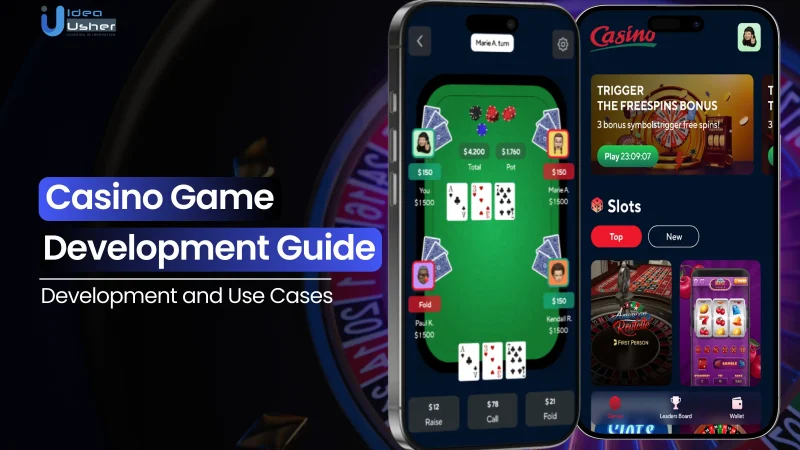Responsible Gambling in the Digital Age: New Tools and Features

New tools can assist gamblers with staying within their financial means and avoiding making impulsive decisions, as well as supporting those suffering from gambling addiction to seek assistance.
NCPG has taken several important steps toward providing responsible gambling assistance nationwide, such as setting up a toll-free helpline and developing Internet Responsible Gambling Standards that draw from international codes and research.
Responsible Gambling Tips
Though online gambling can be exciting and rewarding, it is essential that responsible play be observed at all times. This means understanding the games, setting limits and staying informed; prioritizing entertainment over profit when gambling; walking away when not having fun; prioritizing entertainment over profit when gambling; prioritizing entertainment over profits when it’s not enjoyable – thanks to new tools and features making responsible gaming simpler than ever!
Reputable gaming operators take player well-being very seriously and provide tools that allow players to remain in control of their gambling experience, such as self-assessment tools, deposit limits and social validation services. Such initiatives demonstrate how far gaming operatorss have come in acknowledging player well-being as a key aspect of business success.
Establishing a budget for responsible gambling is the first step toward responsible gaming. Establish how much you can afford to lose and stay within it; doing this will prevent overspending while safeguarding both finances and wellbeing.
Understanding the odds of casino gaming is crucial. Since casinos generally have an advantage over players in terms of winning odds, it’s crucial that players understand that success may not always be guaranteed. Gambling with friends or family can help hold you accountable; additionally it is key not to chase losses too aggressively and to establish your maximum play time limit.
Self-Exclusion
Online gambling provides individuals with opportunities to become aware of their gambling habits, including any possible problem-gambling behavior. But access to online casinos and gambling platforms may heighten a player’s desire for social validation through gaming activities (for instance leaderboards and chat rooms). This can cause them to spend more money or take greater risks than intended in pursuit of positive feedback from others; hence it’s essential that gambling should only ever be treated as entertainment and not a means to achieve social approval.
Self-exclusion is one of the most effective tools available to players for responsible gambling, preventing users from engaging with certain operators or virtual platforms. Studies have revealed its efficacy at decreasing gambling participation among moderate-risk and problem gamblers; however, implementation may prove challenging due to limited data and resources.
One way of improving these efforts is through transaction data analysis. A recent study, for instance, involved researchers analyzing payment transactions of real customers in order to identify indicators of problematic gambling behavior and ultimately assist operators with implementing responsible gambling tools – such as deposit, play and loss limits as well as voluntary self-exclusion (VSE) options – for their customers.
Deposit Limits
Online casinos ensure player wellbeing by offering responsible gambling tools. These tools include self-exclusion tools, session reminders and timeout features as well as deposit limits – which enable players to impose financial limits on their gambling activities and prevent impulsive decisions fueled by greed or loss aversion from occurring. Responsible gambling tools may also assist players who have previously demonstrated responsible behavior by helping maintain a healthy relationship with gambling while preventing relapse.
Research has shown that deposit limit messages have only limited effects on gambling intensity. This may be because most internet gamblers can regulate their own habits and therefore need little additional protections against excessive betting online. Furthermore, users can easily bypass such safeguards by switching providers – therefore concerted harm reduction efforts between companies, users and public health organizations must be coordinated for effective safeguards to be put in place.
One promising approach involves the use of positive, gain-framed messages to encourage gambling precommitment. A study by Ivanova et al. used these positive or gain-framed messages to prompt Internet gamblers to set optional deposit limits either (i) at registration, before or after making their initial deposit and compared their results with an unprompted control group. Prompting gamblers to precommit resulted in no significant increases in net losses compared to controls but rather led to a significant decrease in overall gambling intensity.
Social Validation
At a time when social validation is so paramount, customers often want products or services which have already been validated by other customers as good purchases. Therefore, industries need to monitor customer feedback and reviews online – positive comments can provide businesses with invaluable data on current offerings; conversely a decrease in positive comments could signal potential issues that must be addressed immediately.
However, responsible gambling policies must take into account the impact of market expansions on consumer ability to make rational and informed choices about self-interested products and services. Expansions resulting in grossly disproportionate spending on product promotion compared to health promotion messaging as well as significant increases in accessibility of forms associated with problem gambling may undermine strategies designed to minimize harm through methods already proven effective for alcohol and tobacco products.
Advocate groups play a vital role in actively advocating responsible gambling practices and raising awareness about potential risks. Working in collaboration with operators and regulators, these advocacy groups shape comprehensive policies and initiate effective initiatives designed to safeguard players. Furthermore, advocacy groups provide invaluable assistance and resources for individuals struggling with gambling-related issues – offering invaluable support while aiding recovery.







